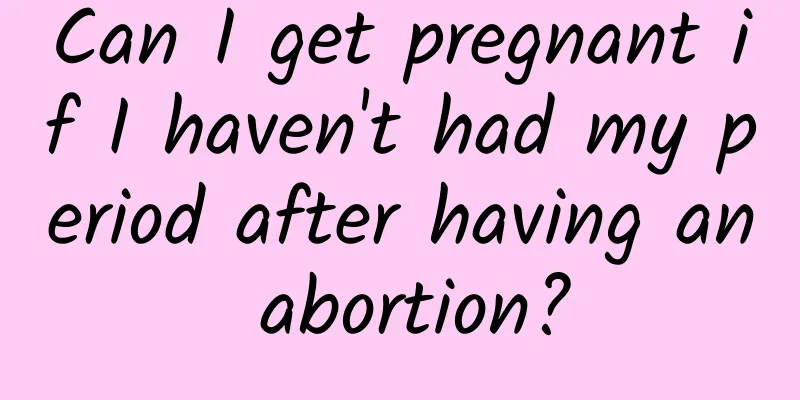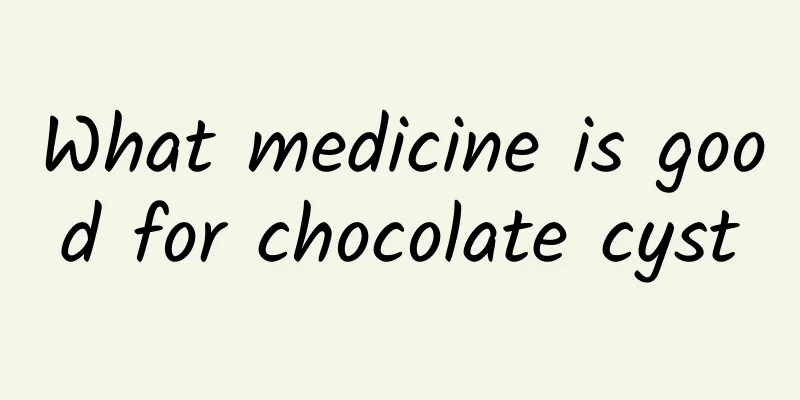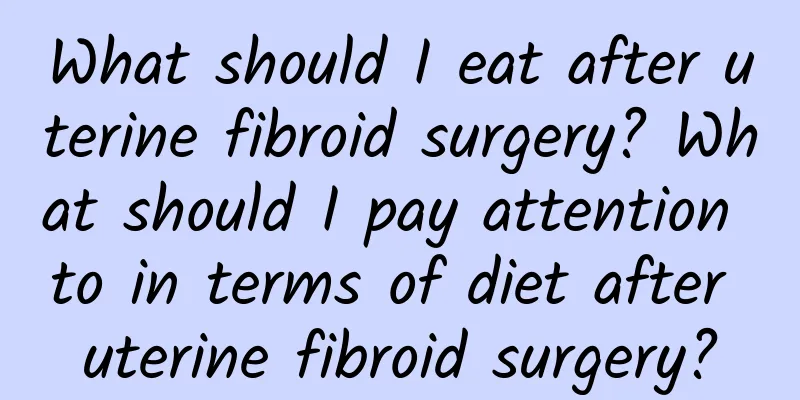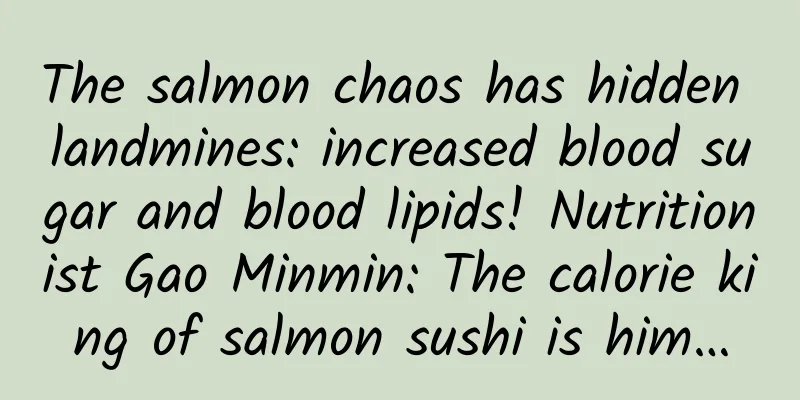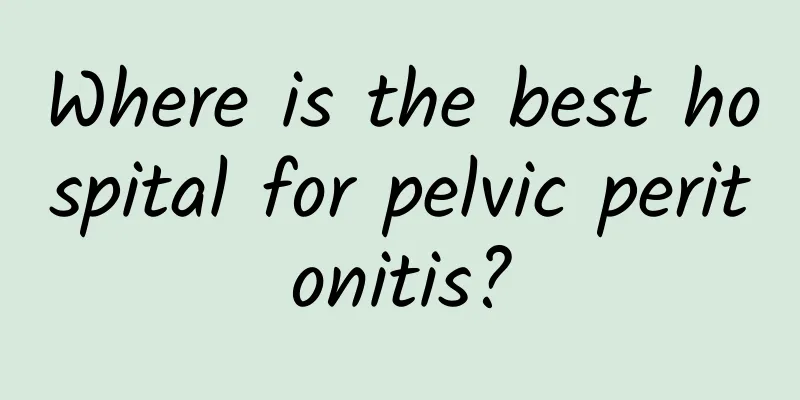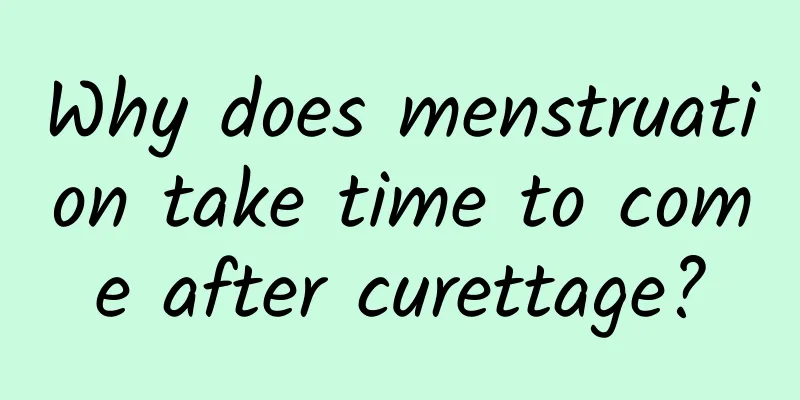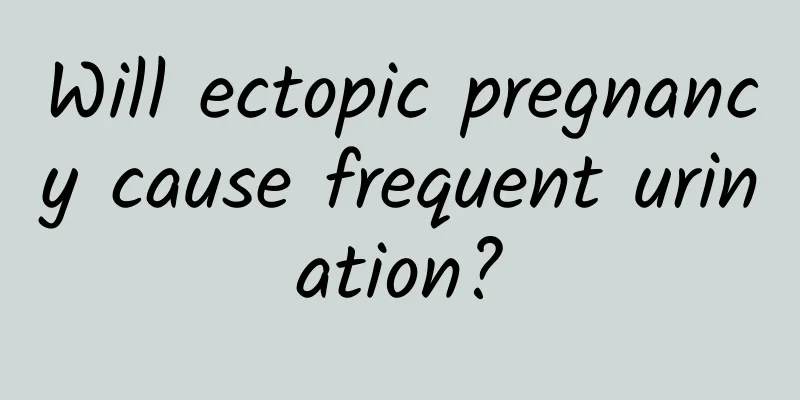What can menopausal women with uterine fibroids eat?
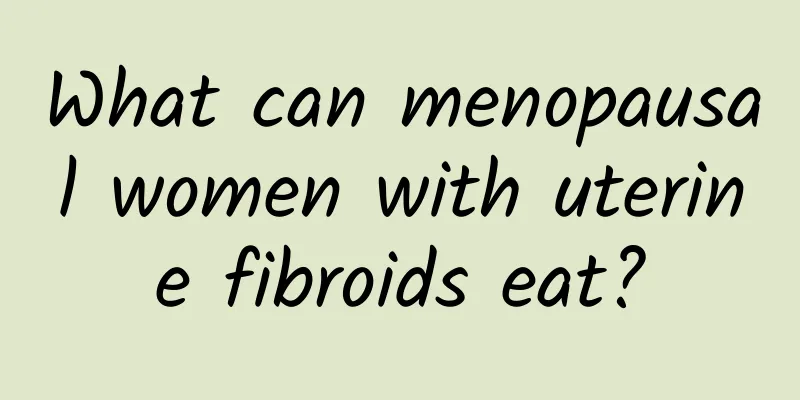
|
Menopause is a period of major changes in a woman's body, with fluctuations in hormone levels and an increased risk of uterine fibroids. So, what should you eat during menopause to treat uterine fibroids? In this article, we will discuss how menopausal women should eat to relieve the symptoms of uterine fibroids. 1. High-fiber foods High-fiber foods can help women better handle hormone fluctuations and reduce symptoms of uterine fibroids. These foods include vegetables, fruits, beans, and whole grains. It is recommended that menopausal women consume more than 25 grams of fiber per day. 2. High Antioxidant Foods Antioxidants are important for reducing the risk of uterine fibroids and reducing symptoms. Eating foods rich in antioxidants such as vitamin C, vitamin E, and beta-carotene, such as citrus fruits, red peppers, sunflower seeds, and carrots, can help relieve discomfort in women during menopause. 3. Low-fat foods Menopause is a period when women tend to gain weight, and obesity is associated with the development of uterine fibroids. Therefore, in order to maintain a healthy weight, menopausal women should choose low-fat foods such as lean meat, skim dairy products, and vegetable oils. 4. Avoid spicy foods Certain foods may stimulate the growth of uterine fibroids and worsen symptoms. Spicy foods, coffee, and alcohol are all irritants that menopausal women should try to avoid to reduce the discomfort of uterine fibroids. 5. Vitamin D Supplement Menopausal women often face the problem of vitamin D deficiency, and vitamin D deficiency is associated with the development of uterine fibroids. Therefore, it is very necessary to supplement with an appropriate dose of vitamin D. Vitamin D can be supplemented by sun exposure or eating foods rich in vitamin D, such as fish and egg yolks. What to eat to treat menopausal uterine fibroids is a focus of attention. By choosing high-fiber foods, high-antioxidant foods, and low-fat foods, and avoiding irritating foods, menopausal women can alleviate the symptoms of uterine fibroids. Supplementing an appropriate amount of vitamin D is also very important. Menopausal women can relieve the discomfort of uterine fibroids and improve their quality of life through good eating habits. For women with menopausal uterine fibroids, it is crucial to maintain healthy eating habits. |
<<: What are the five major hazards of uterine fibroids? Harms and treatment of uterine fibroids
Recommend
What are the symptoms of miscarriage and what are the causes of miscarriage?
Vaginal bleeding in pregnant women is the first s...
Do you have the habit of "washing your butt"? Reminder: Regularly cleaning your anus may prevent these 5 diseases
Let me tell you a real case. Mary is a career eli...
Pay attention to the symptoms of uterine fibroids and pay attention to your and my health
What are the main symptoms of uterine fibroids? H...
What should you pay attention to after medical abortion? You must pay attention to these
After an unexpected pregnancy, most people may ch...
Analysis of the causes of common ovarian cysts and their relationship with lifestyle
The impact of ovarian cysts on everyone is actual...
What are the surgical treatments for uterine fibroids?
The cause of uterine fibroids is still unclear. I...
Nursing methods for pelvic inflammatory disease
What are the care methods for pelvic inflammatory...
Four main causes of cervical erosion
Cervical erosion is a gynecological disease cause...
Why do chocolate ovarian cysts recur?
Some patients experience relapses after treatment...
Excessive menstrual flow may also be an early symptom of uterine fibroids
Uterine fibroids are a common gynecological disea...
What can I eat to make my uterine fibroids grow slower? What can I eat to make my uterine fibroids grow smaller?
Uterine fibroids are common female reproductive s...
Analyze the causes of vulvar leukoplakia
Clinically, there are certain factors that can ea...
What can't I eat if I have uterine fibroids? Can patients with uterine fibroids take birth control pills?
What can't you eat for uterine fibroids? We m...
Minimally invasive pelvic interventional treatment of pelvic inflammatory disease has the following advantages
There are many treatments for pelvic inflammatory...
Sitting still for a long time will lead to obesity in the lower body! Get rid of these three NG foods and eat to get beautiful legs
Lack of exercise or sitting still for long period...

